Iran not playing with time or trying to derail sanctions removal talks in Vienna: FM
Iranian Foreign Minister Hossein Amir-Abdollahian has once again reaffirmed that Tehran has no intention to waste time or derail the sanctions removal talks in the Austrian capital of Vienna, criticizing the West, particularly the US, for failing to present any innovative proposals in the negotiations.
Amir-Abdollahian made the remarks in an interview with China Global Television Network (CGTN) before wrapping up his official visit to Beijing at the invitation of Chinese State Councilor and Foreign Minister Wang Yi.
"We assured Chinese officials that Iran is not playing with time or trying to derail the negotiations, and that we have made constructive, positive and realistic proposals at the negotiating table in Vienna," he said.
He hailed China's "constructive and rational" role in the Vienna negotiations, saying Beijing "is always opposed to the cruel unilateral sanctions imposed by the US on countries, including Iran, and condemns the bullying practices of the US."
The Iranian foreign minister added that in talks with his Chinese counterpart, he appreciated Beijing's support for Tehran's stance during the Vienna talks and expressed hope that China would continue supporting Iran's position.
He emphasized that China and Russia support Iran's constructive initiatives "but Western countries, including the United States, have so far offered no innovative proposals in the talks."
"If the parties can resume their commitments under the Iran nuclear deal, Iran will also return to commitments based on the agreement. If Iran can get the expected economic benefits from the agreement, so will all the parties," Amir-Abdollahian pointed out.
Iran and the remaining parties to the JCPOA – Russia, China, France, Britain, and Germany – have been holding talks in Vienna since April last year. Iran says it pursues the removal of all sanctions that the United States re-imposed on Iran following its withdrawal from the deal.
Under former US president Donald Trump, Washington unilaterally withdrew from the JCPOA and imposed draconian sanctions primarily targeting the Iranian economy.
On Friday evening, the eighth round of the talks was paused so that the diplomats could return to their respective capitals for consultations. However, the working groups on sanctions removal and sequencing the implementation of a probable agreement continued to work on draft texts on Sunday.
Iran also argues that lack of initiative among the Western parties to the Vienna deal is the main factor slowing down talks with Iran.
Addressing a regular press conference on Monday, Chinese Foreign Ministry spokesperson Zhao Lijian voiced his country's strong opposition to "illegal and unilateral" sanctions against Iran, and "gross interference" in the internal affairs of the Islamic Republic and other countries in the region.
He said Beijing "firmly opposes illegal unilateral sanctions against Iran, political manipulation on human rights and other issues, and gross interference in the internal affairs of Iran and other regional countries."
'Asia First', and 'neighborhood first' Iran's main policy: Amir-Abdollahian
The top Iranian diplomat said Iran is pursuing the "Asia First" and the "neighborhood first" policy and noted that Tehran and Beijing have explored ideas under such a policy, such as "joint projects in some of Iran's neighbors and joint initiatives to promote regional stability, security and sustainable economic development."
Amir-Abdollahian added that Iran would make efforts to help those who cannot enjoy long-term security and stability and would "work with countries with a common background on projects related to economy, trade and culture in the form of tripartite or multi-party cooperation."
The Islamic Republic expects to provide more development opportunities for neighboring countries based on this policy, he explained.
Pointing to the 50th anniversary of the establishment of relations between Iran and China, Amir-Abdollahian said there are no challenges facing ties between the two countries.
"However, the bullying behavior of the US has affected some of our cooperation," he said, stressing the need to find an appropriate path within the international framework to meet the challenges posed by Washington's unilateral acts.
"We believe that multilateralism will benefit all countries. The unilateralism and bullying of the United States is not appreciated by any country. International law and cooperation provide opportunities for all countries to enjoy rights and benefits," the top Iranian diplomat said.
He emphasized that both Iran and China would benefit from the two sides’ comprehensive strategic partnership which covers cooperation in a number of fields, including trade, agriculture, science and technology, as well as in cultural fields like tourism.
"It also includes cooperation on regional and international affairs. For instance, mutual support in international organizations. I believe the plan serves the common interests of both sides," he said.
Iran and China signed the landmark agreement in March last year in defiance of the US’s unilateral sanctions to strengthen long-standing economic and political alliance.
The deal officially documents the Sino-Iranian Comprehensive Strategic Partnership that had been announced during a visit by Chinese President Xi Jinping to boost economic cooperation between the two countries for the next 25 years, and paves the way for Iran’s participation in the Belt and Road Initiative, a massive infrastructure project stretching from East Asia to Europe.
Beijing has long sought to boost ties with Tehran, with President Xi describing Iran as "China's major partner in the Middle East" on a rare visit to the country in 2016.
Hamas thanks Iran, Resistance Front following achievement of ceasefire in Gaza
'Capitulation': Israeli officials and media concede Gaza defeat as truce unfolds
'Gaza has won': Social media users react to ceasefire with mix of relief, joy
Iran seeks South Korea’s assistance for AI, fiber-optic projects
VIDEO | Iran's 'Eqtedar' (Power) maneuver
Israel hits HTS military target in Syria for 1st time since fall of Assad
VIDEO | Press TV's news headlines
Israel has slaughtered 13,000 students in Gaza, West Bank


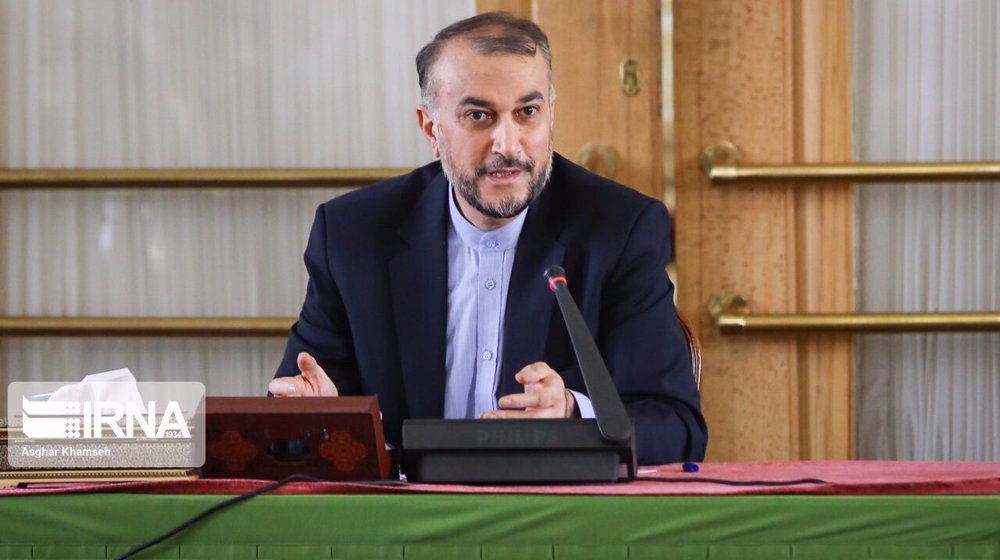
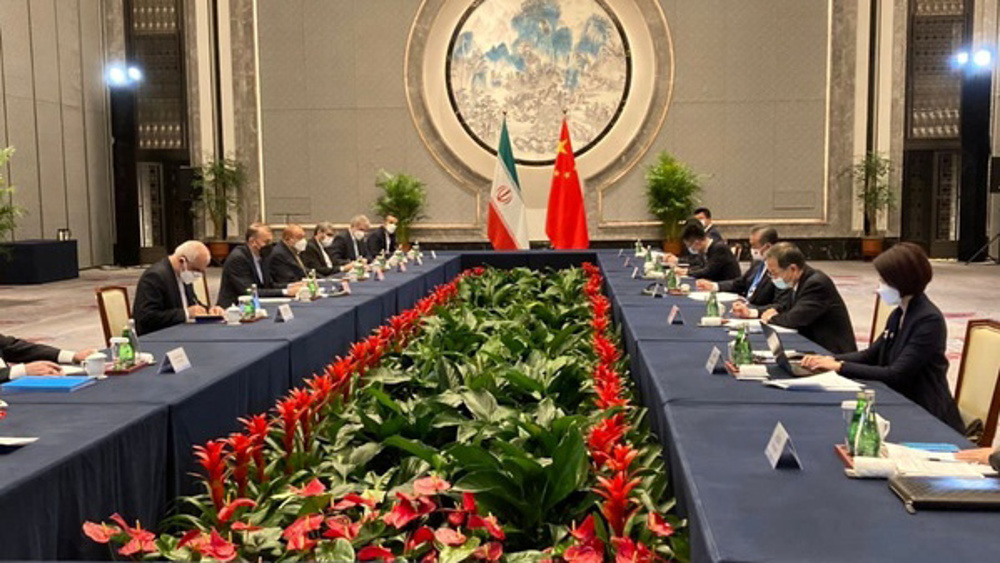
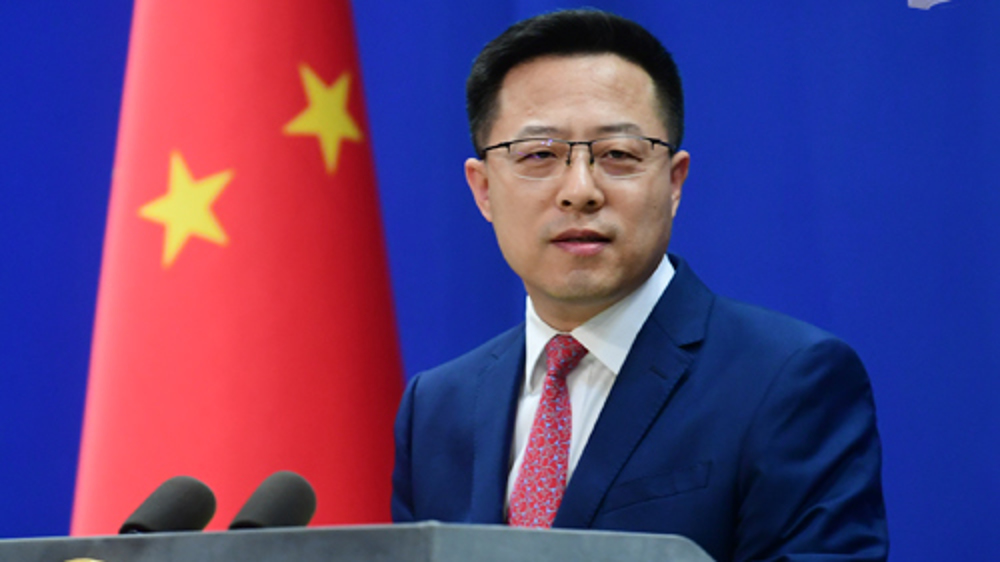
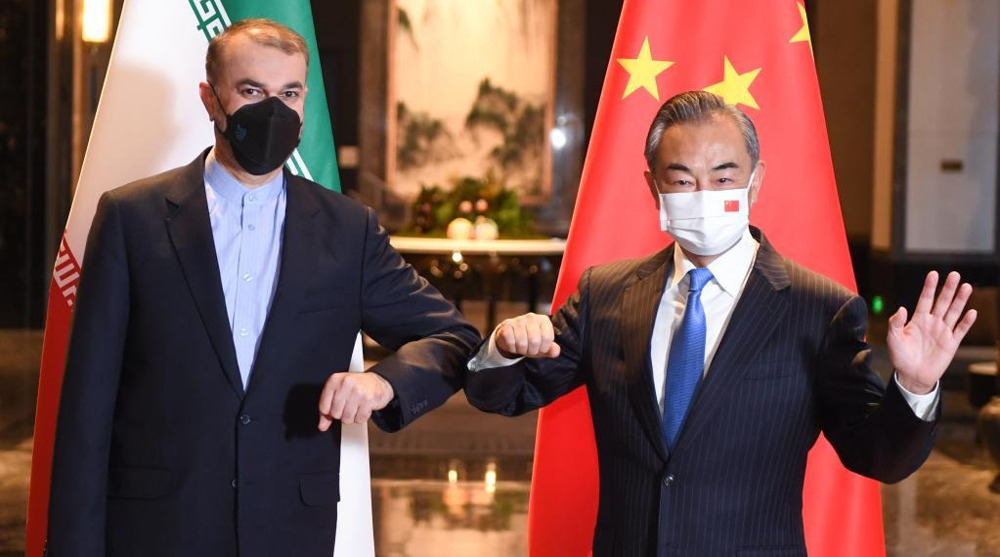
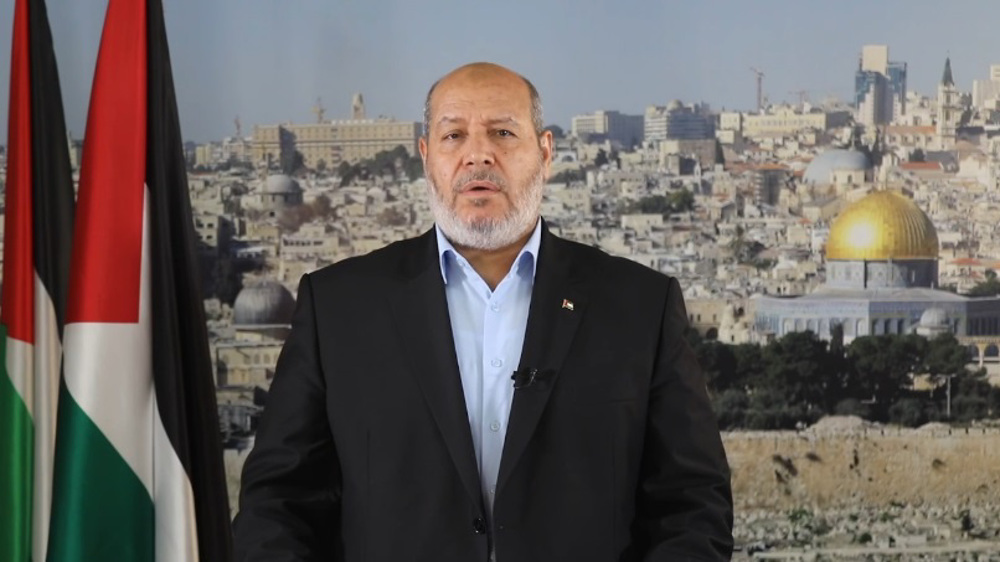






 This makes it easy to access the Press TV website
This makes it easy to access the Press TV website